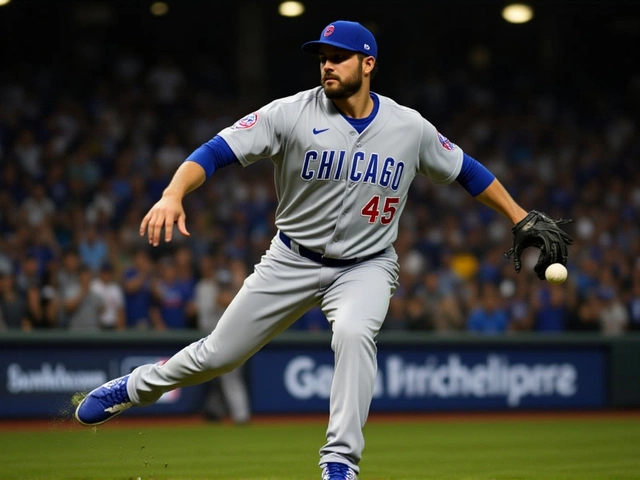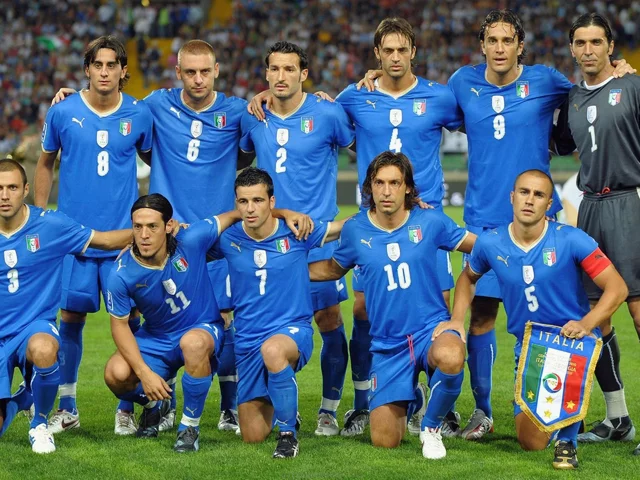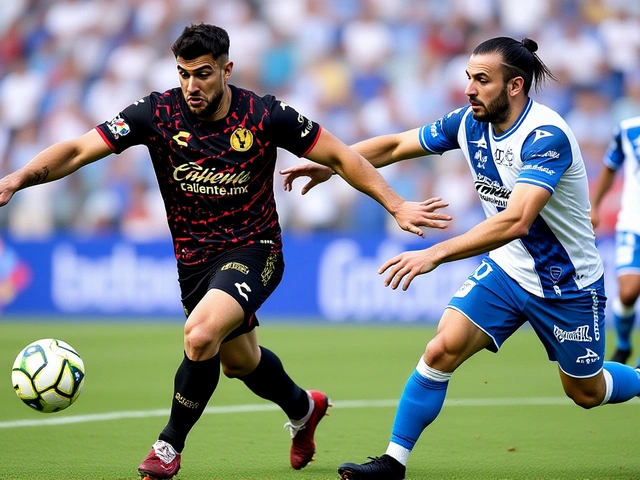Guatemala Stuns Suriname 3-1 in Final Qualifier, But Suriname Still Advances to World Cup Playoffs
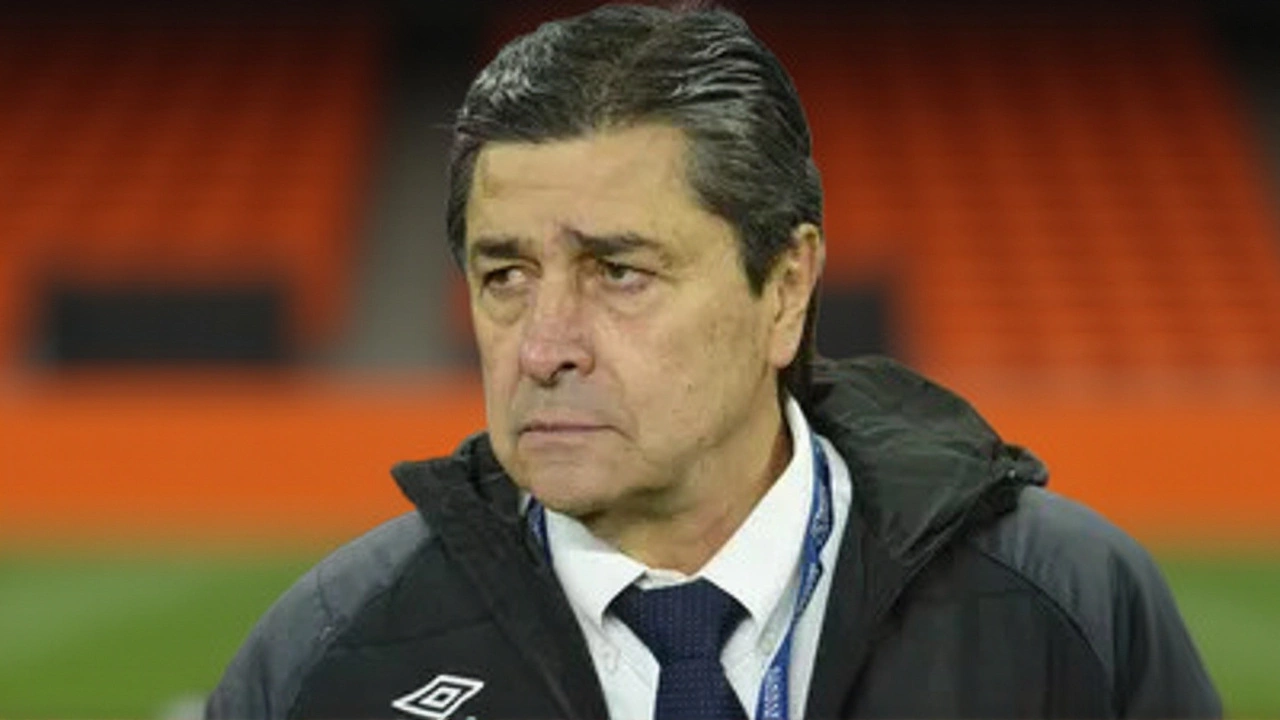
- Kieran Winchester
- 21 November 2025
- 0 Comments
Guatemala ended their 2026 FIFA World Cup qualifying campaign with a dramatic 3-1 victory over Suriname on November 18, 2025, at Estadio Manuel Felipe Carrera in Guatemala City — but the win didn’t send them to the next round. Instead, it handed Suriname the ticket they’d been chasing: a spot in the intercontinental playoffs for the first time in their history. The match, which kicked off at 01:00 UTC, was the final whistle of CONCACAF World Cup Qualifiers - Third Round Group A, and it delivered chaos, heartbreak, and a twist even the most seasoned fans didn’t see coming.
Second Half Surge, First Half Silence
For 45 minutes, the stadium was quiet. Suriname came out swinging — attacking relentlessly, pressing high, and dominating possession. Their fans held their breath, hoping for a goal that would seal Group A. But Nicholas Hagen, Guatemala’s goalkeeper, stood tall. He made three crucial stops, including a point-blank save off a header from Stheven Robles in the 28th minute. Guatemala, playing for pride after a 3-2 loss to Panama in their last outing, looked sluggish. Manager Luis Fernando Tenna had made four changes to his lineup, but the rhythm wasn’t there.
Then, the second half exploded.
In the 49th minute, Darwin Lom rose above two defenders to head home a cross from Óscar Santis. The crowd roared. Five minutes later, Olger Escobar cut inside from the left, unleashed a rocket that screamed past Óscar Castellanos in goal, and the score was 2-0. Suriname’s dreams were slipping away. By the 65th minute, Óscar Santis pounced on a turnover, sprinted down the flank, and slotted home his second of the night. The final scoreline looked decisive — 3-0. Guatemala had played spoiler.
The Twist in Stoppage Time
But here’s the thing: Suriname didn’t need to win. They needed to finish second in Group A — and they were already there on points and goal differential. What they needed was to avoid a catastrophic collapse. With four minutes of stoppage time added, Suriname poured forward. They had scored nine goals in the group — more than any other second-place team. Honduras, their closest rival for the playoff spot, had only five. All Suriname had to do was not get crushed. A 3-1 loss? Still safe.
Then, in the 93rd minute, chaos.
Sheraldo Becker crossed low from the right. Nicolás Samayoa, Guatemala’s center-back, tried to clear — but the ball deflected off his thigh and into the net. Own goal. 3-1. The stadium fell silent. Suriname’s players collapsed to their knees, then leapt up in disbelief. They’d done it. The goal didn’t change the outcome — but it gave them a lifeline, a symbolic victory, and a story they’ll tell for decades.
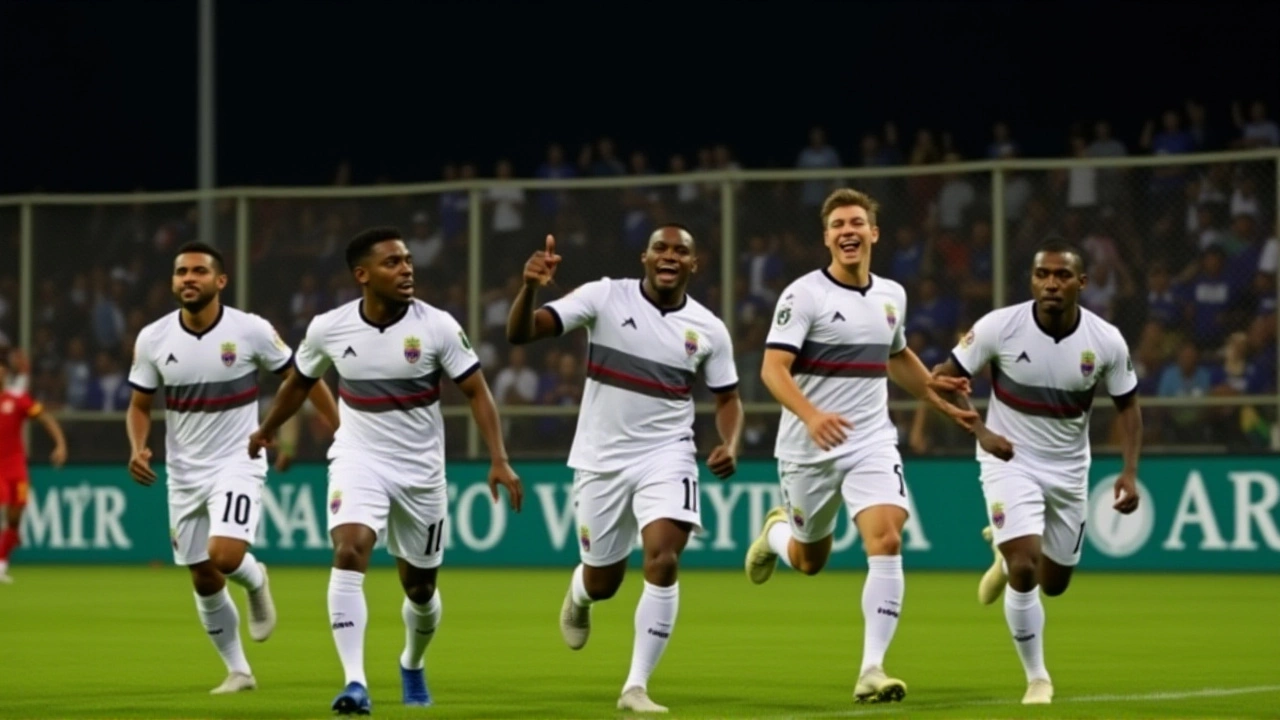
Who Made It, and Why
Final Group A standings:
- Panama: 12 points (+5 GD)
- Suriname: 9 points (+3 GD, 9 goals scored)
- Guatemala: 8 points (+1 GD)
- El Salvador: 3 points (-9 GD)
Suriname didn’t win the group. They didn’t even win their final match. But they had the most goals among all second-place teams — a tiebreaker that saved them. Honduras, who finished second in Group B with 9 points and a +4 goal differential, had only five goals. Suriname’s nine made the difference. It’s a quirk of the Concacaf format — one that rewards offensive grit over defensive consistency. And Suriname, a nation of just 600,000 people, had outscored entire regional powers.
Guatemala, meanwhile, finished third — their best World Cup qualifying result since 2018. Manager Tenna’s tactical adjustments, especially bringing in Rudy Muñoz in midfield, paid off in the second half. But the dream of direct qualification? Gone.
What’s Next for Suriname
Suriname will now face Bolivia in a two-leg intercontinental playoff in March 2026. The winner advances to play Iraq for one of the final two spots in the 2026 World Cup. It’s a path no Caribbean or South American nation has ever walked before — and Suriname, a former Dutch colony with a squad full of players from the Netherlands, is now the first.
For decades, Suriname’s national team was an afterthought — a team that barely qualified for the Gold Cup, let alone the World Cup. But this run? It changed everything. Their captain, Luis Morán, played every minute of the qualifiers. Their striker, Sheraldo Becker, scored four goals in the group stage. And now, they’re one win away from playing on the world’s biggest stage.
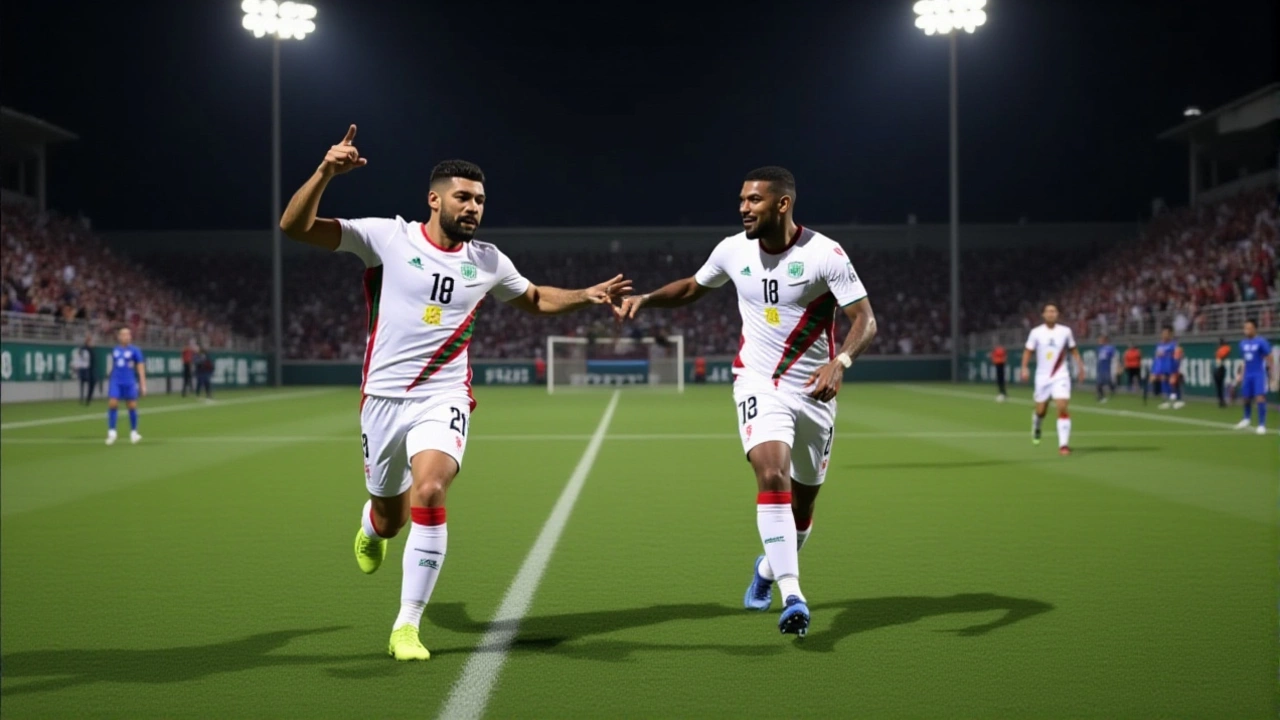
Why This Matters Beyond the Pitch
This isn’t just about soccer. It’s about representation. Suriname’s national team includes players from Amsterdam, Rotterdam, and Den Haag — the children of immigrants who never set foot in the country. Their qualification is a symbol of diaspora pride. For the first time, a team with no professional domestic league, no World Cup history, and no infrastructure will compete in a playoff for a World Cup spot.
Meanwhile, Guatemala’s performance signals a quiet renaissance. Their defense, led by Morales and Pinto, held firm under pressure. Their midfield, anchored by Rosales and Altán, showed growth. They’re not there yet — but they’re closer than they’ve been in 15 years.
The match also had betting implications. The over/under was set at 2.5 goals. Four were scored. Bettors who took "over" won. The match was a spectacle — and it was exactly what Concacaf needed to show the world that their qualifiers aren’t just a formality.
Frequently Asked Questions
How did Suriname qualify for the playoffs despite losing their final match?
Suriname finished second in Group A with 9 points and a +3 goal differential, but what clinched their spot was scoring nine goals — more than any other second-place team in the entire CONCACAF qualifying round. Honduras, their closest rival, had the same points and better goal differential (+4), but only five goals. The tiebreaker for second-place teams was total goals scored, not goal difference, which gave Suriname the edge.
Why was there confusion over the match date?
The match was scheduled for November 18, 2025, at 01:00 UTC — which was still November 17 in parts of the Americas. Some outlets like ESPN and Concacaf listed it as the 18th based on the official kickoff time in Guatemala City. Others, like Sofascore, used UTC conversion and listed it as November 19. Both are technically correct depending on time zone interpretation, but the official record follows Concacaf’s designation: November 18.
Who are Suriname’s opponents in the intercontinental playoffs?
Suriname will face Bolivia in a two-leg playoff in March 2026. The winner will then play Iraq for one of the final two spots in the 2026 FIFA World Cup. This is historic: no team from the Caribbean or South American diaspora has ever reached this stage before.
What does this mean for Guatemala’s future in World Cup qualifying?
Guatemala’s third-place finish is their best result since 2018, signaling progress under manager Luis Fernando Tenna. With a core of young players like Darwin Lom and Olger Escobar emerging, and improved defensive stability, they’re now in contention for future qualifying cycles. They’ll need to avoid the early exit pattern that’s plagued them since 2002 — but this campaign proves they’re no longer just participants.
Why is Suriname’s qualification considered a historic milestone?
Suriname has never qualified for a World Cup finals tournament. Their national team has only won one Gold Cup match in history. Yet, with players from Dutch clubs, a diaspora-driven squad, and zero professional domestic league, they’ve now reached the final playoff round. This isn’t just a win — it’s a cultural breakthrough for a nation whose football identity has long been overlooked on the global stage.
How did the own goal affect the outcome?
The own goal by Nicolás Samayoa in the 93rd minute didn’t change Suriname’s qualification — they were already through. But it gave them a symbolic win on the scoreboard, lifted the players’ spirits, and turned a painful loss into a moment of national celebration. For fans, it felt like redemption. For analysts, it was a reminder that in football, even the smallest deflections can alter legacies.
